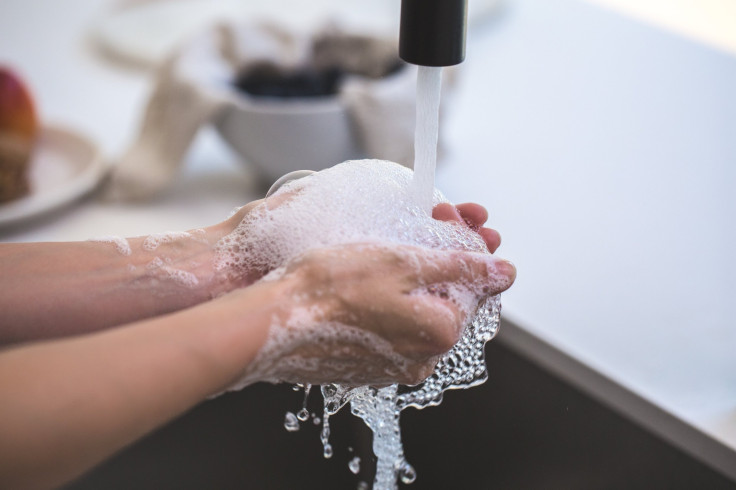Handwashing Cleans Hands But Lets Bacteria Grow In Sink Drains: Study
KEY POINTS
- Researchers found bacteria communities in the plumbing area beneath sinks
- The bacteria on people's hands appear to be "feeding" the bacteria community in drains
- The study also shows the importance of disinfecting sinks and drains
While handwashing helps prevent the spread of germs, a new study claims that the all-important act is actually shaping a bacteria community in drains.
Regular handwashing is a good way to remove germs from the hands and help prevent illnesses, the Centers for Disease Control and Prevention (CDC) said. More people are even engaging in the practice amid the COVID-19 pandemic as a means to prevent the virus from spreading.
However, researchers from the University of Reading said in a news release that bacteria can remain and even grow down in the drains after people wash their hands.
The study published in Environmental DNA took samples from 123 sinks in non-clinical settings around the University and found communities of bacteria in the plumbing area beneath them. Dominant among the microbes the researchers found are Proteobacteria, which includes potentially illness-causing E.coli and Salmonella.
The researchers also found notable differences in the bacteria communities among the different buildings and plumbing types. For instance, sinks with P-trap drainages had higher Burkholderiaceae, while sinks with sink strainers were more abundant with Moraxellaceae bacteria.
"The bacteria that live in our sink drains are shaped by what we are directly putting down them. While we expected that bacteria from the gut would have a greater impact, caused by the wider environment of a bathroom, it seems that by and large the bacteria living on the skin of our hands are feeding the community in the drains beneath sinks," study lead, Zoe Withey, Ph.D., said, as per the news release.
"This means that we need to be very aware that what we are putting down our sinks is affecting the bacterial community underneath. These areas may not be reached during routine cleaning, and this could lead to communities containing hardier, resistant microbes," Withey continued.

This is the largest study of sink bacteria in a non-hospital setting, the University said. It shows how even the important act of handwashing may also affect the surroundings.
Interestingly, all the sinks where the samples were collected from were regularly cleaned. What's more, the researchers carried out the study prior to COVID-19, so the results are said to be unaffected by the increase in handwashing practices linked to the pandemic, the University noted.
According to Dr. Hyun Soon Gweon, a lecturer for Bioinformatics for Genomics at the University, the results of the study show that bacteria may remain alive even after they've been washed off our hands.
"The mantra to 'wash your hands' to fight coronavirus transmission has highlighted the importance of not only good hand hygiene, but also the need for well-designed and regularly cleaned sinks," Dr. Gweon said in the news release.
In the U.S., the CDC noted that tap water in the country "meets stringent safety standards," but is actually not sterile. This means that certain bacteria and microbes can still be present in the water, although they "rarely" pose a risk in typical household use.
According to Fast Plumbers, a plumbing company in Australia, people often think that the sink has become clean after washing dishes because they used soapy water, but that's not the case. As the results of the study show, the sink and the drain can actually harbor germs and bacteria.
"When cleaning your sinks, remember the drains are home to lots of germs," the company said. "Thus, clean them regularly."
© Copyright IBTimes 2024. All rights reserved.






















